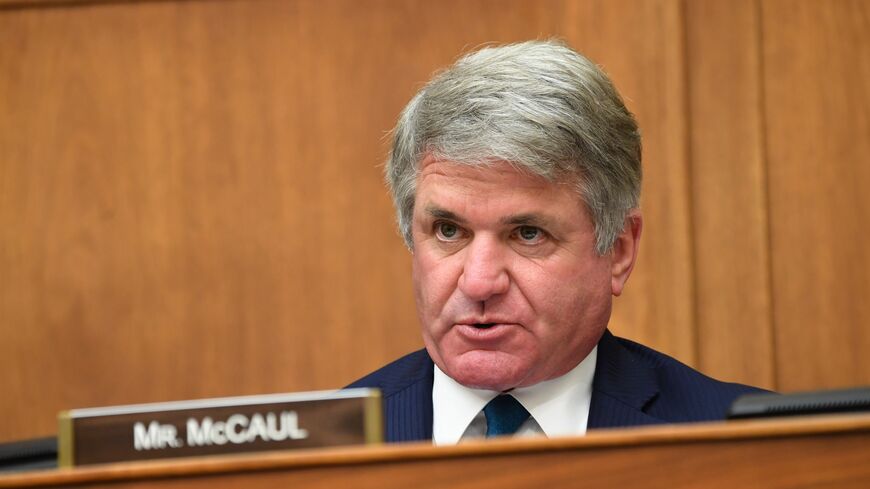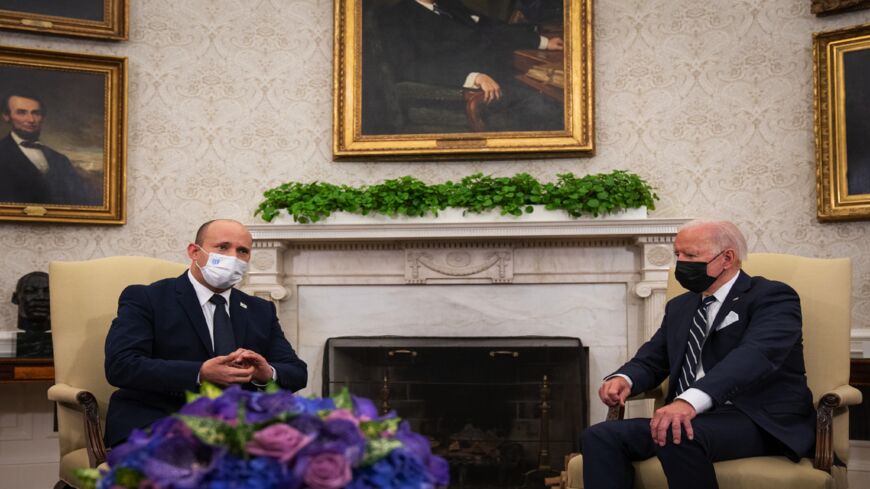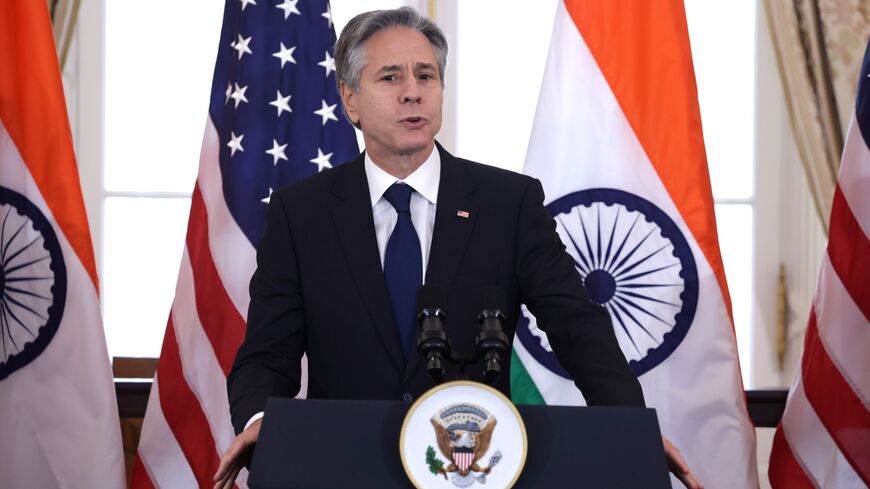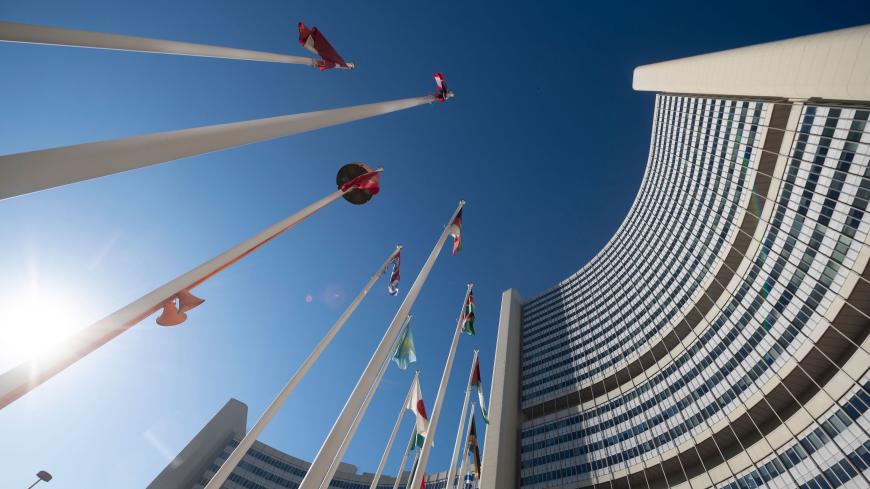Iran nuclear deal will be a tough sell in Congress
Unless the US and Iran reach an agreement that imposes meaningful, long-term restrictions on Tehran's nuclear activities, any deal reached in Vienna is unlikely to prove politically durable.
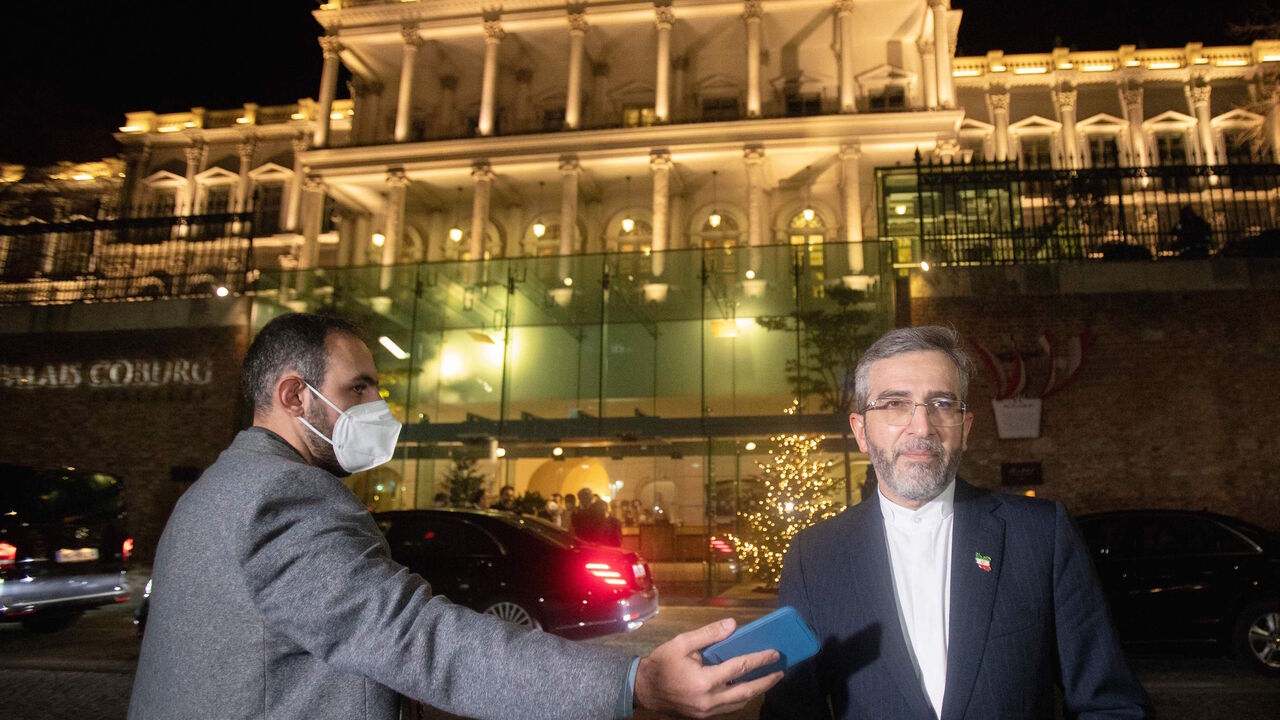
Last week, Senate Foreign Relations Committee Chairman Bob Menendez (D-NJ) took to the Senate floor to rip the Biden’s administration’s Iran policy to shreds. In surprisingly harsh terms, Menendez spent an hour eviscerating the White House over its so-far unsuccessful effort to revive the Obama administration’s Iran nuclear deal, known as the Joint Comprehensive Plan of Action, or JCPOA.
“I ask why we would try to simply go back to the JCPOA,” Menendez said, “a deal that was not sufficient in the first place — and still doesn’t address some of the most serious national security concerns we have?”



